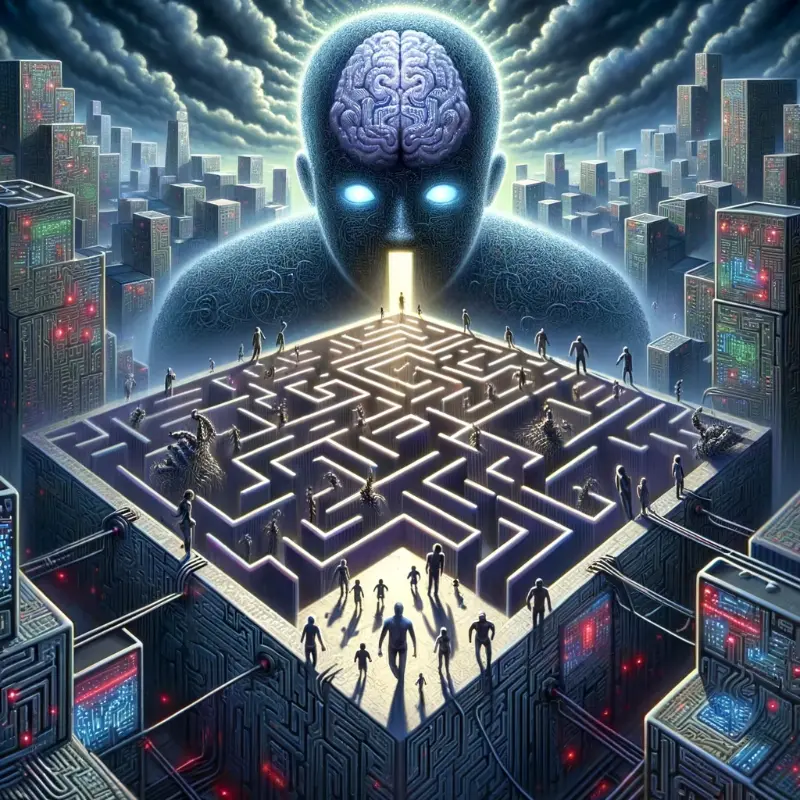10 Unexpected Dangers Lurking in AI's Shadows

Ignite your curiosity with our list of the potential dangers of AI, revealing how technology's advancement could shadow darker implications.
- The Autonomy Paradox:
- As AI systems become more autonomous, the line between machine-led decisions and human oversight blurs, raising questions about accountability and control.
- Privacy Invasion:
- AI's ability to analyze and interpret data can turn personal privacy into a relic of the past, exposing individuals to unprecedented levels of surveillance.
- The Bias Trap:
- Machine learning models can inherit and amplify human biases, leading to unfair and discriminatory outcomes in areas like hiring, law enforcement, and lending.
- The Misinformation Factory:
- AI-driven content generation tools can create realistic fake news, videos, and audio recordings, making it challenging to discern truth from fabrication.
- Cybersecurity Breaches:
- Enhanced by AI, cyber-attacks could become more sophisticated and harder to defend against, threatening national security and personal data.
- The Automation Cliff:
- Rapid automation, fueled by AI, risks massive job displacement across industries, widening economic inequality, and destabilizing societies.
- Ethical Erosion:
- The deployment of AI in sensitive applications, such as military drones or decision-making in healthcare, raises profound ethical questions about the value of human life and the right to make life-altering decisions.
- AI Singularity:
- The theoretical point at which AI surpasses human intelligence could lead to unpredictable outcomes, including scenarios where humans can no longer control or understand AI systems.
- Echo Chambers Amplified:
- AI algorithms that personalize content can trap users in echo chambers, reinforcing biases and diminishing societal cohesion by limiting exposure to diverse perspectives.
- Resource Drain:
- The environmental impact of training large AI models is significant, contributing to carbon emissions and energy consumption, raising concerns about sustainability in the digital age.
Conclusion #

This list presents a crucial message: while AI has the potential to revolutionize every aspect of our lives, from healthcare to cybersecurity, it also poses significant ethical, social, and environmental challenges that demand immediate attention.
The list ranges from privacy invasions and bias amplification, to the existential risk of AI singularity. We hope it has highlighted the complexity of navigating AI's impact on society.
These challenges are interconnected and solutions must be holistic. We must address the technical dimensions of AI development as well also its societal implications.